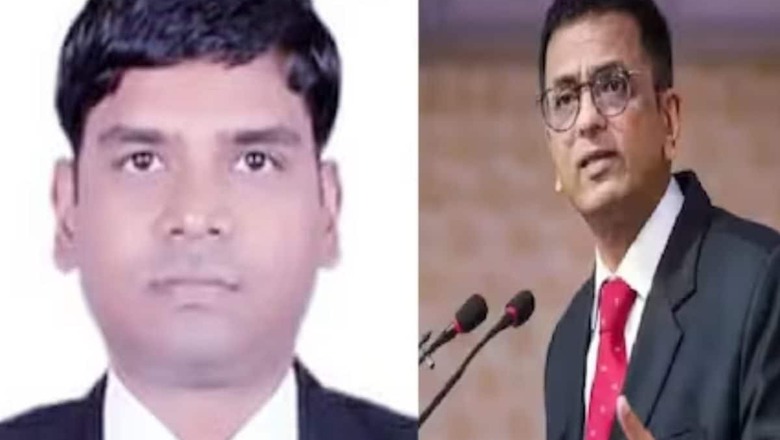
views
Rakesh Kumar Singh, hailing from Ramchua in Banka district, Bihar, has successfully cleared the Advocate-on-Record (AOR) examination, earning the esteemed opportunity to practice in the Supreme Court of India. Born into a family of farmers, Rakesh Kumar’s achievement adds to the pride of his family and himself. Following this accomplishment, he joined the ranks of 198 AORs associated with the Supreme Court.
As per the regulations established by the Supreme Court under Article 145 of the Constitution, only Advocates-on-Record have the privilege to file cases in the Apex court. A recent notification from the Supreme Court announced that all new AORs would be designated as of January 19, 2024.
Expressing his perspective, Rakesh Kumar said that his aspiration to attain the AOR status is not only to address pertinent legal issues but also to uphold the principles of justice. His commitment to justice is evident through his noteworthy efforts in advocating for serving soldiers, retired personnel and soldiers injured in the line of duty, as well as their families.
The announcement of new AORs was met with congratulations from Chief Justice of India DY Chandrachud. An Advocate-on-Record holds a pivotal role in the legal proceedings of the Supreme Court, with the right to appear and address the Apex court directly.
To qualify as an Advocate-on-Record at the Supreme Court of India, certain prerequisites must be met, including a minimum of four years of legal practice, successful completion of the Supreme Court’s AOR examination and a year of training under a court-approved AOR. Additionally, scoring a minimum of 60 per cent on the three-hour exam is essential.
Once appointed, AORs are bound by specific rules, such as Rule 1 of Order IV of the Supreme Court Rules, 2013, which stipulates that no advocate, other than the Advocate-on-Record, can appear, plead, or address the Court on behalf of a party unless instructed by the Advocate-on-Record. Moreover, AORs are required to maintain an office in Delhi within a 16-kilometre radius of the Supreme Court and appoint a registered clerk within one month of their appointment.




















Comments
0 comment